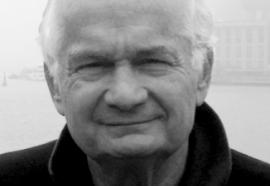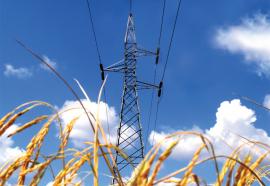What Happened in Maryland
State case has national implications for grid modernization.
Strict adherence to cost-of-service ratemaking led to what might be considered a Luddite decision in the Maryland PSC’s initial rejection of BGE’s smart-grid filing. More than 60 years ago, the U.S. Supreme Court ruled that ratemaking calls for “pragmatic adjustments” to regulatory policy, toward the goal of sensible and effective rate orders. Delaying modernization doesn’t serve the aims of customer choice, conservation or electric system efficiency.










